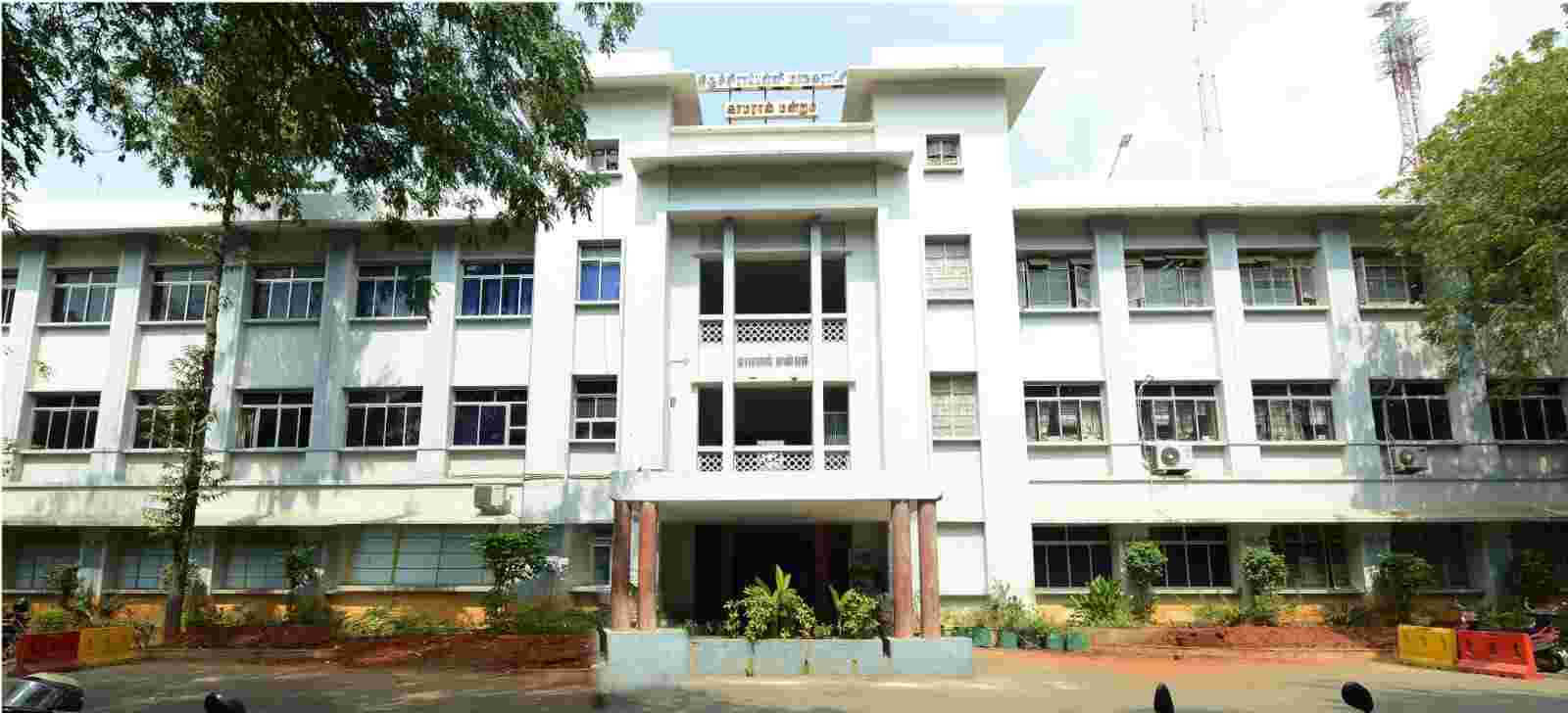New bio-CNG plant to come up in Tiruchi, Tamil Nadu

The Tiruchi City Corporation, Tamil Nadu, is mulling to establish a Bio-Compressed Natural Gas or Bio-CNG plant at the city’s Ariyamangalam dump yard.
The Tiruchi civic body wants to establish the bio-CNG plant in the city with the aim of processing the organic degradable waste generated within the city.
The authorities will be outsourcing the collection, segregation, transportation, and processing of waste from all 65 wards to a private agency. As per reports, Tiruchi City Corporation manages nearly 400-450 tonnes of municipal solid waste on a daily basis.
Non-biodegradable dry waste undergoes phased processing at the Ariyamangalam dump yard itself. The segregated wet waste is directed to 36 micro composting centers operated by the Corporation that produce organic compost. The planned plant will enable the conversion of bio-degradable waste into bio-CNG, serving as fuel for vehicles.
Funded with Rs 35 crore allocated under the Swachh Bharat Mission (SBM) 2.0, the bio-CNG project has completed a detailed project report (DPR), with plans to solicit proposals from consultants soon.
Moreover, a resource recovery facility is being established at the yard to segregate dry waste into recyclable, non-recyclable, inert, and refuse-derived fuel categories. This is important for the establishment of the bio-CNG project.
Concurrently, a DPR for Phase-III of the bio-mining project has been finalized to scientifically reclaim the dump yard, including waste buried underground, at an estimated cost of ₹44.5 crore. Phases I and II have already recovered 38 out of 47.7 acres of the dump yard.
Post-reclamation, approximately 25 acres of land will be reserved by the civic body for planting tree saplings to rehabilitate the contaminated soil. Waste to energy plants and waste management models are coming up in different cities of the country to protect the nature and treat the waste as a resource.




